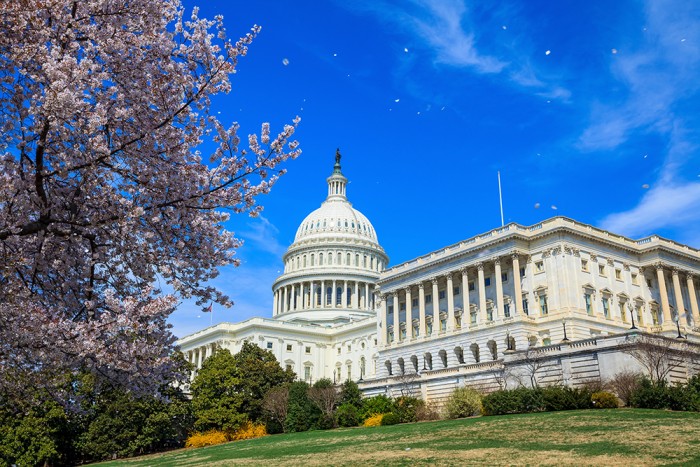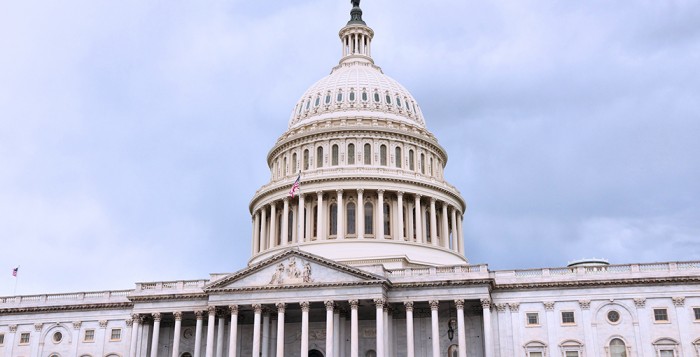Message From ANCOR:
In a notable development, the Recognizing the Role of Direct Support Professionals Act has progressed to the committee markup stage in the Senate’s Homeland Security and Governmental Affairs Committee (HSGAC). The Recognizing the Role of Direct Support Professionals Act has been a key legislative priority for ANCOR. This legislation aims to establish a Standard Occupational Classification (SOC) for Direct Support Professionals (DSPs). Its passage would officially recognize direct support as a profession and tackle the recruitment and retention crisis that has impacted the availability of professionals supporting people with intellectual and developmental disabilities (I/DD) in home and community-based settings.
ANCOR, along with its coalition partners, has been a steadfast advocate for the establishment of a SOC for DSPs and wrote a statement of support to HSGAC on this significant legislation. The workforce crisis in community disability services has resulted in alarming turnover and vacancy rates, leading to limited access to crucial and often life-saving services for individuals with I/DD. According to the latest data from National Core Indicators, DSP turnover stood at 43.3% at the end of 2021, with 16.5% of full-time direct support positions and 20.3% of part-time positions remaining vacant.
The establishment of a distinct SOC for DSPs would enable the U.S. Bureau of Labor Statistics to accurately capture employment and wage data specific to this profession. This, in turn, would support state and federal agencies in making informed policy decisions concerning the Medicaid Home and Community Based Services program. Furthermore, it would facilitate the development of precise payment rates, addressing the negative and enduring effects on DSP workforce retention and recruitment. Shannon McCracken, ANCOR’s vice president for government relations, emphasized, “When we eventually see the Recognizing the Role of Direct Support Professionals Act become law, we will look back on it as a pivotal moment in the history of our service delivery system—a moment when we made a collective choice to stop undervaluing the services that connect people with I/DD to their communities.”
The bill was introduced by Senators Maggie Hassan (D-NH) and Susan Collins (R-ME) in the Senate, along with Representatives Brian Fitzpatrick (R-PA) and Joe Morelle (D-NY) in the House. Their bipartisan efforts reflect the importance of addressing the workforce crisis and improving the support provided to people with I/DD.















